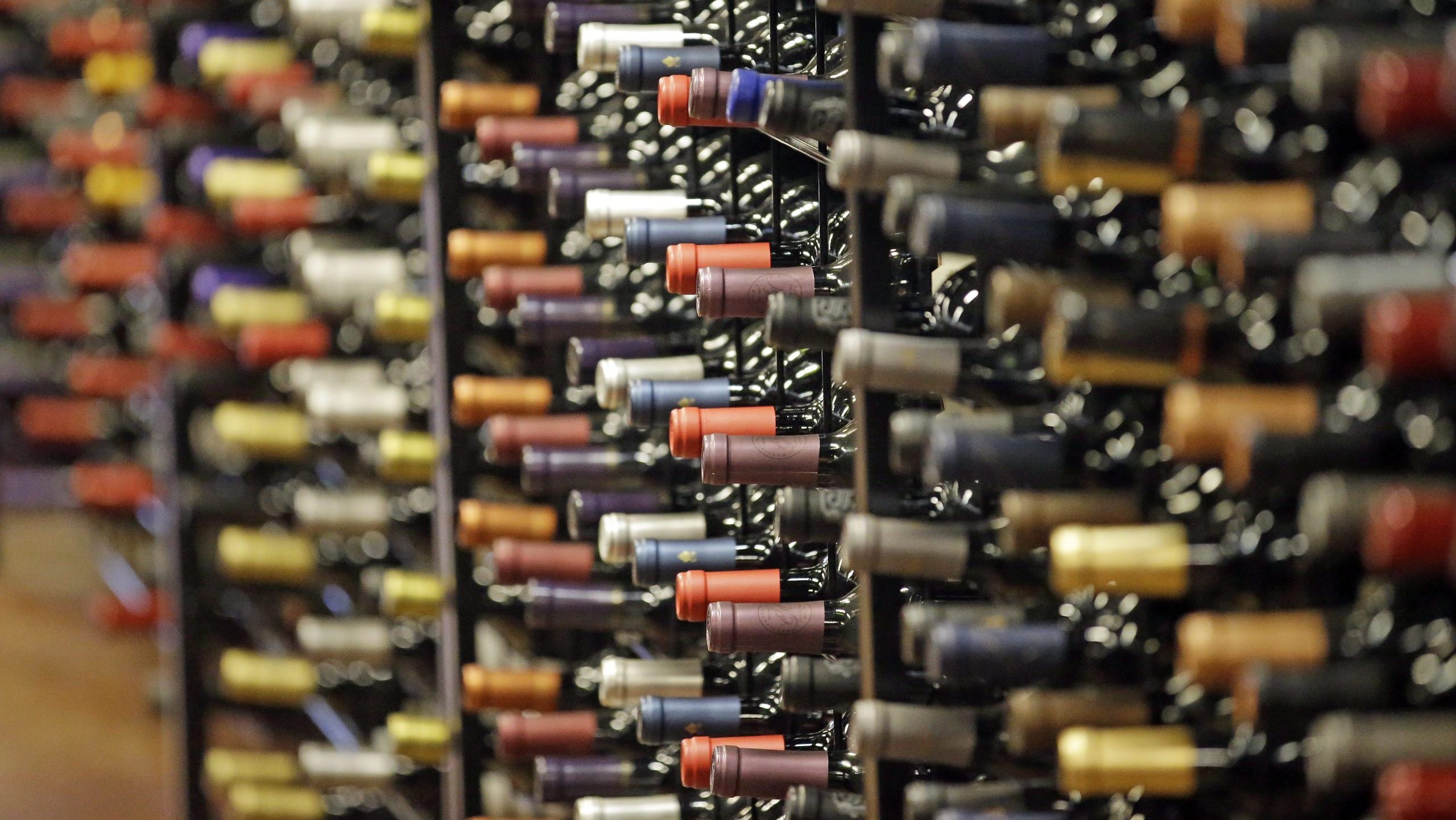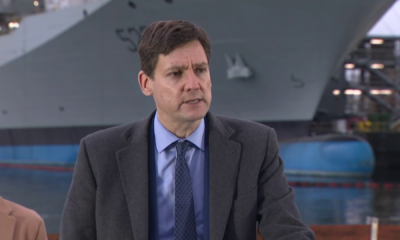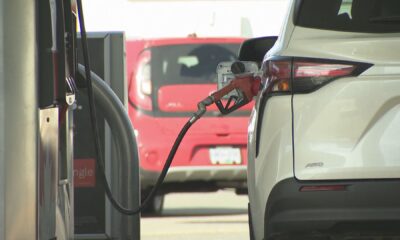Local News
B.C. liquor licencees say U.S. booze limit would hit industry hard

Licensed establishments in B.C. say they could be hit hard if the province decides to limit sales of American booze in response to U.S. President Donald Trump’s tariff threats.
Premier David Eby has hinted the province could stop buying and selling American liquor if Trump goes ahead with a 25 per cent tariff on Canadian exports to the States.
Eby suggested the idea Tuesday as part of B.C.’s three-part response plan, including retaliatory tariffs, targeted tariffs, and specific embargos.
As B.C. is one of the “biggest purchasers” of American booze, Eby says it would “definitely send a message.”
Because the government is the only body that can buy and then distribute alcohol to private companies in B.C., the ruling would amount to a blanket ban.
Jeff Guignard with the Alliance of Beverage Licensees says it’s the last thing small businesses need right now.
“Too many businesses rely on these and too many jobs to have this dispute go on. So we’re hoping that none of that will happen, because if it does, it will have a serious financial impact on our businesses and will likely lead to less selection for consumers and probably increased prices as well,” said Guignard.
Guignard says U.S.-sourced products, like California wines or Jack Daniels whisky, are the second biggest bracket of alcohol sales in B.C.
If that supply suddenly dries up, he says you can expect inventory issues, along with increased prices if bars and pubs have to fill shelves with products shipped from other origins.
“Hopefully somewhere in Canada, but perhaps overseas, somewhere else, have them shipped here at additional cost, because it’s much more expensive to put something on a ship and send it over from France than it is to drive it across the U.S. border from a truck or a train or something like that,” said Guignard.
He says American booze makers, especially wineries, can also capitalize on economies of scale in ways others can’t, leaving customers likely forced to choose from more expensive domestic and foreign options.
“The industry’s trying to figure out whether or not, right now, we have to load up on inventory right and invest more of our scarce dollars into the inventory to try and balance this, or whether we’re going to source products from other jurisdictions. So it’s causing quite a bit of disruption in our industry, even before it potentially happens.”
He’s appealing to the province, hoping cooler heads prevail on both sides and we don’t end up in a trade war with our closest neighbours.
Guignard says the incentive to increase trade within B.C.’s local economy would be overshadowed by price and other factors.
“That would barely compensate, I think, for the disruptions in our supply chain and the economic consequences for businesses and citizens on both sides of the border. We can say it’s an opportunity, but that’s just trying to put a positive spin on a very, very bad idea.”












